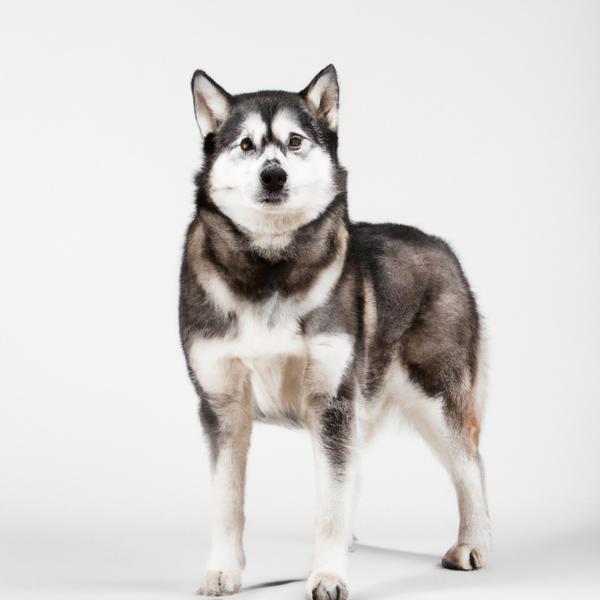Huskita vs. Tibetan Chin: Breed Differences and Similarities
Hypoallergenic
Are Huskitas or Tibetan Chins hypoallergenic, or neither?
Unfortunately, neither Huskita nor Tibetan Chin are hypoallergenic, which may not make them the best choice for dog lovers who suffer from pet allergies.
Temperament
What are the personalities of Huskita and Tibetan Chin dogs?
Dignified
Independent
Protective
Alert
Courageous
Intelligent
Friendly
Outgoing
Responsive
Docile
Gentle
Faithful
Vigilant
Willing
Playful
Loving
Aloof
Independent
Happy
Alert
Intelligent
Loyal
Assertive
Willful
Shedding Level
Do Huskitas shed more than Tibetan Chins, or which breed sheds more, Huskitas or Tibetan Chins?
Huskitas shed a lot of hair each year, so frequent brushing is essential for reducing shedding and maintaining coat health.
Tibetan Chins are low shedding dogs, requiring minimal coat care.
Watchdog Ability
Which dog breed makes a better watchdog, the Huskita or Tibetan Chin?
The Huskita and Tibetan Chin breeds are not the best choice if you want good watchdogs. If you're looking for guard dogs, these breeds are not the right ones for you. They will 'watch' everything - but that's usually as far as they go.
Origin
What is the origin of Huskita and Tibetan Chin dog breeds?
United States
United States
Ancestry
What are the origins of Huskita and Tibetan Chin breeds?
Akita, Siberian Husky
Tibetan Spaniel and Japanese Chin
Breed recognition
Which kennel clubs recognize/register Huskita and Tibetan Chin?
DRA = Dog Registry of America, Inc.
ACHC = American Canine Hybrid Club
DRA = Dog Registry of America, Inc.
Date of Birth
When were Huskita and Tibetan Chin breeds first developed?
1990s
2000's
Eye Color Possibilites
What are the eye colors of Huskita and Tibetan Chin dogs?
Brown
Brown
Nose Color Possibilites
What are the natural nose colors of Huskita and Tibetan Chin?
Black
Black
Coat Color Possibilites
What are the natural colors of the coat for Huskita and Tibetan Chin breeds?
White
Black
Gray
Red
Sable
Brown
Fawn
Silver
Black
Cream
Red
Sable
Silver
White
Brown
Coat Length
What is the typical coat length for Huskita and Tibetan Chin breeds?
Huskitas have medium-length coats.
Tibetan Chins are known for their coat length.
Coat Density
What is the density of the coat of Huskita and Tibetan Chin?
Coat Texture
What is the hair texture of Huskita and Tibetan Chin?
Straight
Litter Size
What is the usual litter size for Huskita and Tibetan Chin?
A Huskita can have a litter of 3-12 puppies on average. However, it's worth noting that the size of the litters can vary greatly. Factors that can influence litter size include the health of the mother, breeding history, and genetics.
A Tibetan Chin can have a litter of 3-6 puppies on average. However, it's worth noting that the size of the litters can vary greatly. Factors that can influence litter size include the health of the mother, breeding history, and genetics.
Adaptability
Huskita and Tibetan Chins are known for their adaptability and versatility. They are capable of adapting well to a wide range of lifestyle changes and living environments, making them great companions for families and individuals of all lifestyles.
Health Issues
Between Huskita and Tibetan Chin, which breed is more prone to health problems?
Huskita and Tibetan Chin breeds are generally considered to be healthy. However, like all breeds, they are susceptible to certain health issues and it is important to keep an eye out for them and address them with your veterinarian as needed.
Major Concerns
What are the major health concerns for Huskita and Tibetan Chin breeds?
Hip Dysplasia
Epilepsy
Bloat
Hemophilia
Laryngeal Paralysis
Autoimmune Thyroiditis
Progressive Retinal Atrophy (PRA)
vonWillebrand’s Disease
None Known
Minor Concerns
What minor health issues should be kept in mind when owning Huskita and Tibetan Chin?
Elbow Dysplasia
Pemphigus
Sebaceous Adenitis
Zinc Responsive Dermatosis
Entropion
Cataracts
Progressive Retinal Atrophy (PRA)
Occasional Tests
What occasional tests are recommended for Huskita and Tibetan Chin breeds?
X-Rays
Blood Tests
Internal Imaging (x-ray, CT scan, MRI, etc.)
Buccal Mucosal Screening
Physical and Neurologic Examination
Skin Scrapings and Biopsies
Orthopedic Exam
Ocular Exam
Abdomen and Blood Tests
Throat Exam
Coagulation Analysis
Dna For Pra
Eye Examinations
Full Physical Examination
Energy
How do the energy levels of Huskitas and Tibetan Chins compare?
Huskitas are suitable for those with a balanced lifestyle as they have an average energy level.
Tibetan Chins' high energy levels make them unsuitable for a low-key dog, choose accordingly.
Social Needs
Huskita vs Tibetan Chin social needs comparison
Huskita has average social needs and is less independent than other breeds.
Tibetan Chin has very high social needs and requires regular mental and physical stimulation, a job or purpose, and companionship.
Exercise Needed
Huskita vs Tibetan Chin exercise need comparison.
Huskitas need moderate physical activity and are great for families and active individuals.
Tibetan Chins need only a small amount of physical activity, ideal for busy or elderly people or those with limited space.
Sleeping Need
Which of the two sleeps the most/least: Huskita or Tibetan Chin?
Huskitas sleep less than other breeds but still need adequate sleep for good health.
Tibetan Chins are known for their relaxed and calm nature and enjoy long periods of sleep.
Tendency to Bark
Do Huskitas or Tibetan Chins bark more/less frequently?
Huskita dogs are generally less vocal than other breeds and only bark when necessary, such as to alert their owner or communicate.
Tibetan Chins bark moderately when necessary and may also bark due to certain triggers like fear, alarm, boredom, greeting, separation anxiety and compulsive barking.
Mouthiness
Mouthiness Comparison: Huskita vs Tibetan Chin?
Roaming urge
Huskita vs Labrador: Running away tendency?
Prey Drive
Huskita or Tibetan Chin - which breed has a higher level of prey drive?
Activity Level
Which breed has higher energy, Huskitas or Tibetan Chins?
Huskitas are high-energy dogs. They need mental as well as physical exercise. These dogs require a lot of your involvement and without it they can, and will, become problematic dogs.
Tibetan Chins are low-energy dogs. This breed make a great companion for a relatively inactive person. Tibetan Chin dogs require a few short daily walks, and then they're happy snuggling next to you for the rest of the day.
Tolerance of being left alone
Walks per Week
How many miles should Huskita or Tibetan Chin walk each week?
There's really no limit to how far you walk your dog as long as they're comfortable. For Huskita, it's at least 14 miles / week. Just remember to build distance and stamina gradually over time.
There's really no limit to how far you walk your dog as long as they're comfortable. For Tibetan Chin, it's at least 8 miles / week. Just remember to build distance and stamina gradually over time.
Activity per Day
Do Huskitas or Tibetan Chins require more exercise?
In general most Huskitas usually need at least 90 minutes of exercise daily. This can be spread across the day and include all sorts of high-energy activities, like walking, running and playing.
In general most Tibetan Chins usually need at least 60 minutes of exercise daily. This can be spread across the day and include all sorts of high-energy activities, like walking, running and playing.
Grooming
Which breed is easier to maintain in terms of grooming, Huskitas or Tibetan Chins?
Huskita and Tibetan Chin are breeds of dogs that require an average amount of grooming effort.
Brushing Frequency
What is the recommended brushing frequency for Huskita and Tibetan Chin dogs?
Huskita and Tibetan Chin should be brushed at least once a week. Of course, you can give them more frequent brushes if you find that they are still shedding a lot.
Brushing Tools
What brushing tools are used for Huskitas and Tibetan Chins?
Pin Brush
Comb
Nail Clipper
Pin Brush
Comb
Nail Clipper
Cups
How much food should be given to Huskita or Tibetan Chin in cups?
For an average 60-75 pound (27 - 34 kg) Huskita feed 3 cups daily. But, keep in mind, the amount you feed is going to be dependent on the quality of the food you are feeding.
For an average 7-15 pound (3 - 7 kg) Tibetan Chin feed 1 cups daily. But, keep in mind, the amount you feed is going to be dependent on the quality of the food you are feeding.
Daily Cost
Which breed has a higher daily cost, Huskita or Tibetan Chin?
The average cost of a Huskita is somewhere $2.10 - $2.70 per day.
The average cost of a Tibetan Chin is somewhere $1.10 - $1.40 per day.
Monthly Cost
Which breed has a higher monthly cost, Huskita or Tibetan Chin?
The average per month expenses of a Huskita is between $55 - $73. This makes an average of $660 - $876 per year. It will be on the higher side when the dog is still small because it will need more frequent visits to the vet, shots.
The average per month expenses of a Tibetan Chin is between $35 - $42. This makes an average of $420 - $504 per year. It will be on the higher side when the dog is still small because it will need more frequent visits to the vet, shots.
Intelligence
Comparing Intelligence: Huskitas vs Tibetan Chins
Huskita and Tibetan Chin have average obedience intelligence, but they're also independent thinkers. This breed is known for having an exceptionally high IQ, which means they may get into trouble if left to their own devices.
Sensitivity Level
How do Huskita and Tibetan Chin compare in sensitivity?
This breed is sensitive to its environment and best suited for patient and understanding families with a consistent routine.
This breed is sensitive and requires gentle handling and a calm home environment.
Affection Dependance
Which is the more affectionate dog breed: Huskita vs Tibetan Chin?
Apartment Friendly
Which breed is more apartment-friendly: Huskita or Tibetan Chin?
The Huskita is a great apartment dog, thriving with sufficient exercise and time outside as part of their daily routine.
Tibetan Chins make excellent apartment dogs, being fairly active indoors and not requiring a yard.
Child Friendly
Do Huskitas or Tibetan Chins have a friendlier temperament towards children?
Huskitas are good with kids if socialized and trained from a young age.
Tibetan Chins have an average level of friendliness towards children.
Senior-friendly
Which dog is more suitable as a pet for the elderly - Huskita or Tibetan Chin?
Cat Friendly
Do Huskita or Tibetan Chin breeds have a better compatibility with cats?
Huskitas are somewhat cat friendly and can be trained to get along with cats.
Tibetan Chins are very friendly with cats and make great companions for them.
Dog Friendly
Which breed is more sociable with other dogs: Huskita or Tibetan Chin?
Huskitas and Tibetan Chins are friendly, active and loyal companions. They generally love to be around other dogs, making them a good family pet for some.
Pet friendly
How do Huskita or Tibetan Chin dogs interact with other pets?
Stranger Friendly
Which breed is more friendly with strangers: Huskita or Tibetan Chin?
Huskitas are averagely friendly around strangers but benefit from early socialisation.
Tibetan Chins are friendly but may bark at strangers, and training is easy due to their intelligence.
Playfulness
Which breed is more playful between Huskita and Tibetan Chin?
Huskitas are a playful breed that needs daily playtime to be happy.
Tibetan Chins have an average level of playfulness, enjoying playtime like most dogs but not excessively so.
Trainability
How do the trainability levels of Huskitas and Tibetan Chins compare?
Huskitas are usually easy to train but require consistency to fully obey commands.
Tibetan Chins are popular for their ease of training and quick learning ability.
Compare Huskita with other breeds
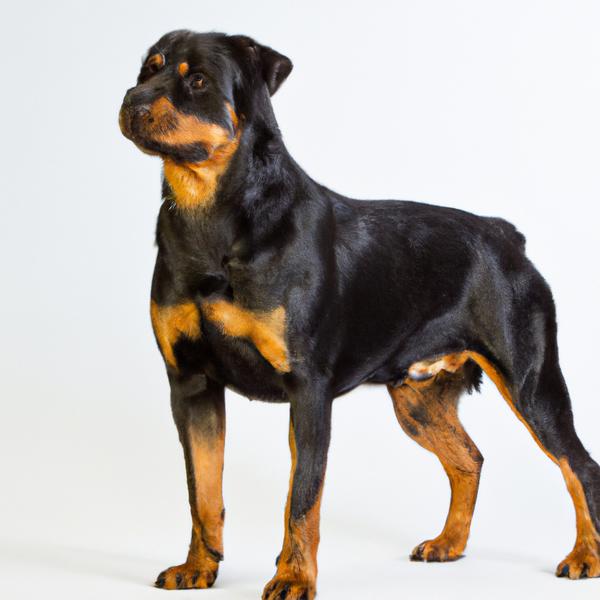
Rotterman
Huskita vs Rotterman
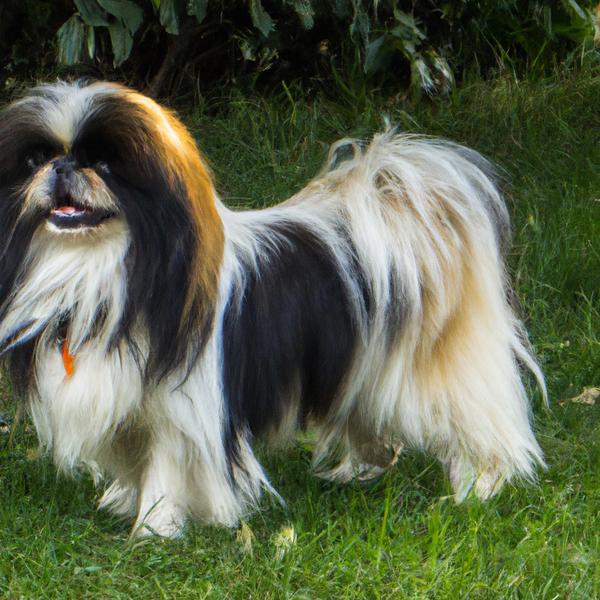
Tibetan Chin
Huskita vs Tibetan Chin
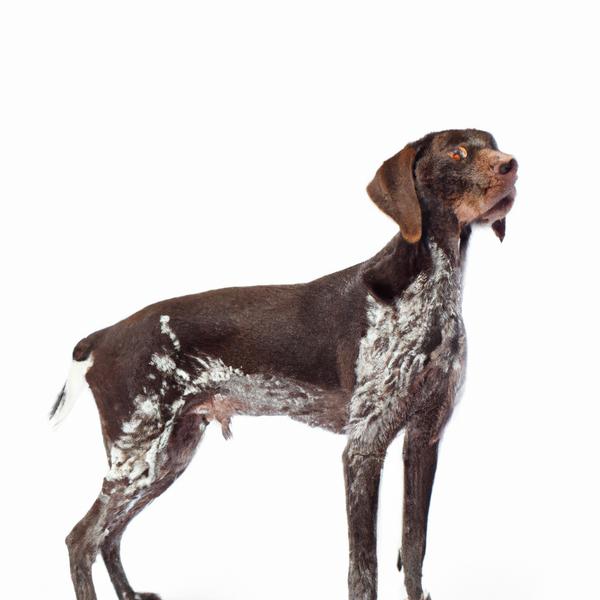
German Shorthaired Sprointer
Huskita vs German Shorthaired Sprointer
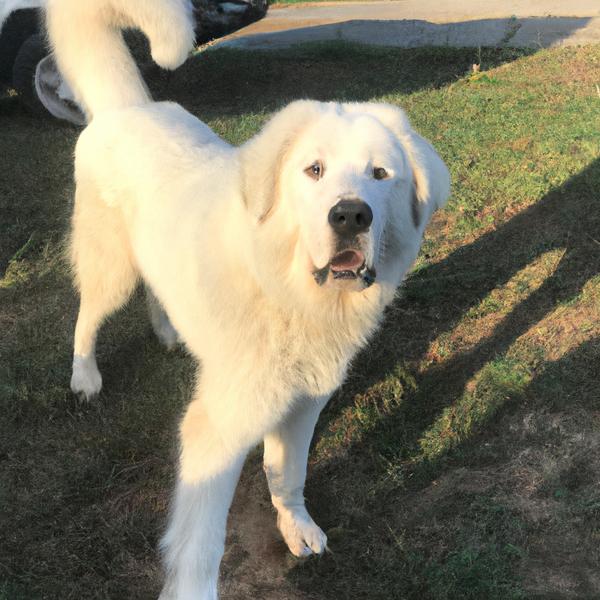
Great Pyrenees
Huskita vs Great Pyrenees
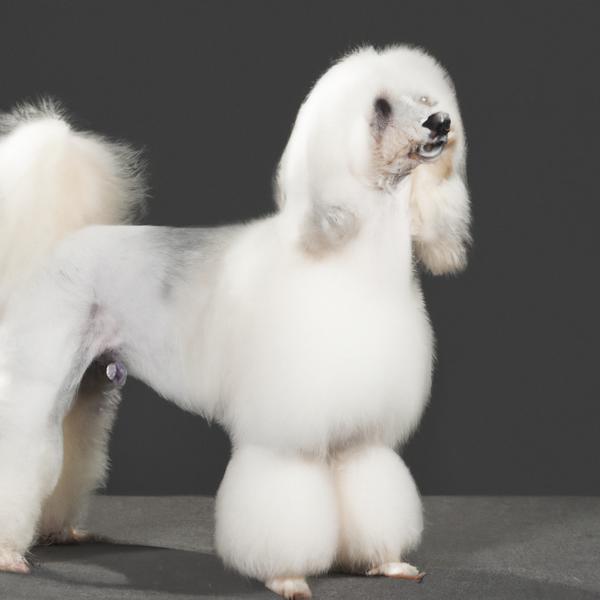
Corillon
Huskita vs Corillon
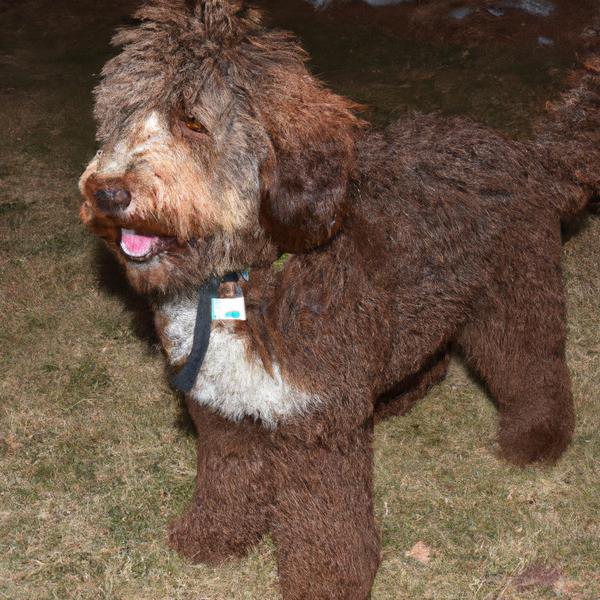
Tervoodle
Huskita vs Tervoodle
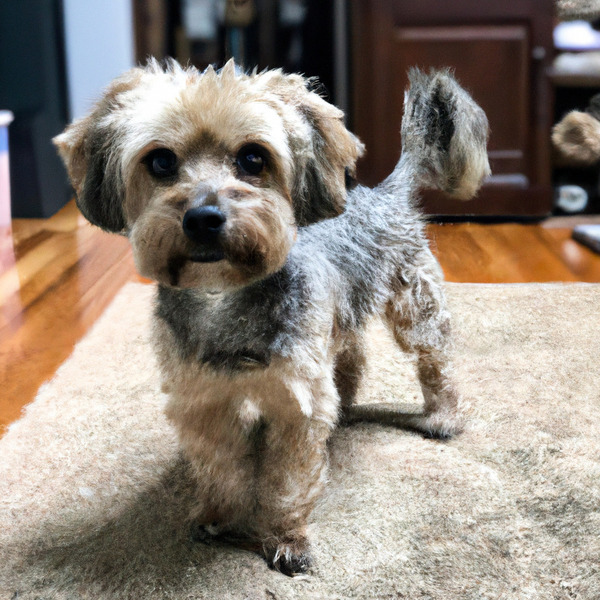
Yorkipoo
Huskita vs Yorkipoo
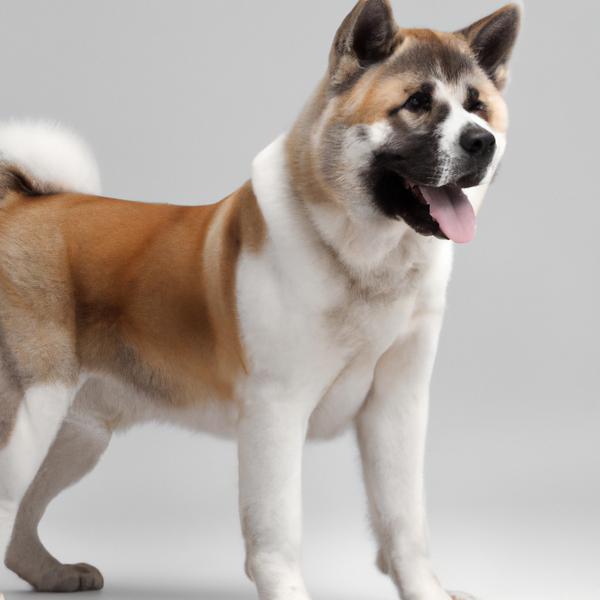
Akita Shepherd
Huskita vs Akita Shepherd
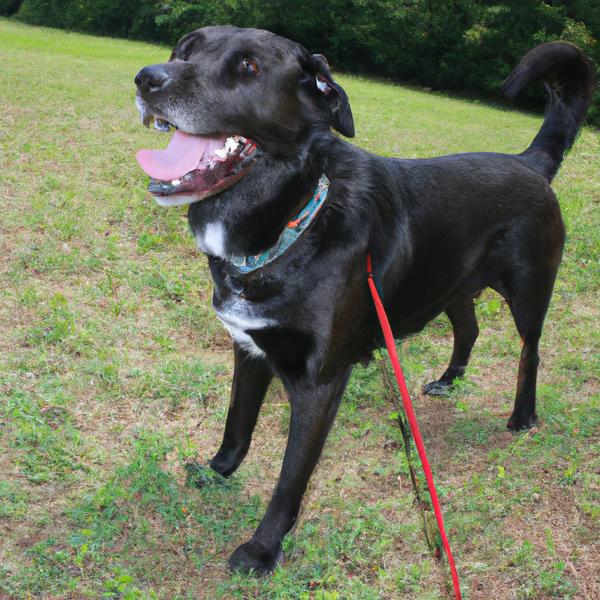
Labrottie
Huskita vs Labrottie
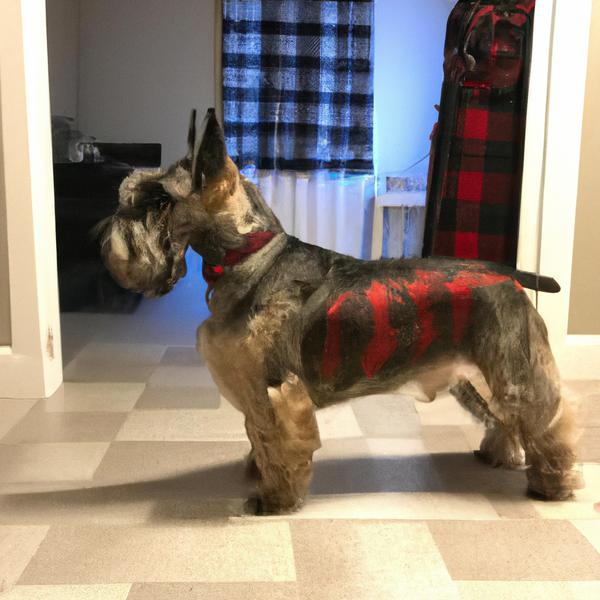
Scotchi
Huskita vs Scotchi
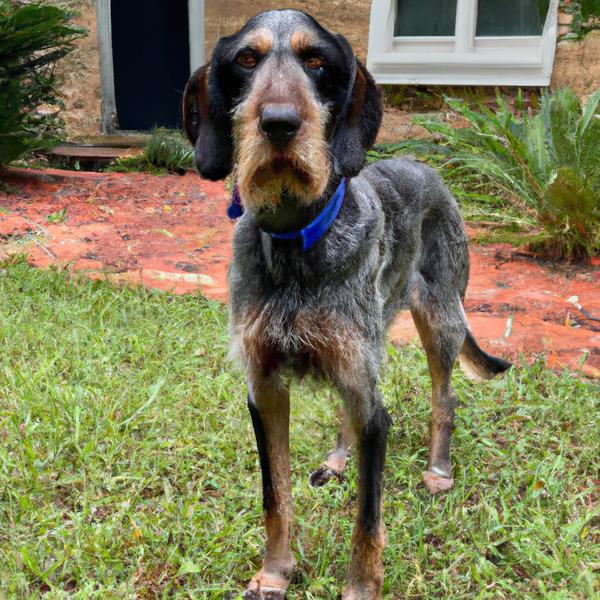
Bluetick Coonoodle
Huskita vs Bluetick Coonoodle
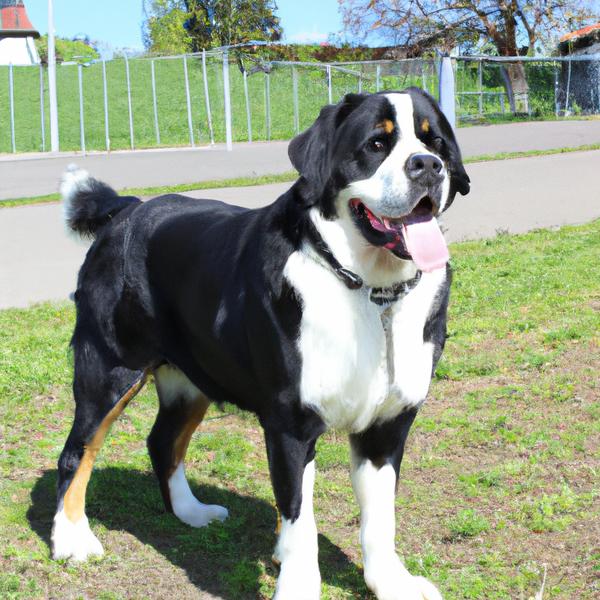
Swissy Saint
Huskita vs Swissy Saint
